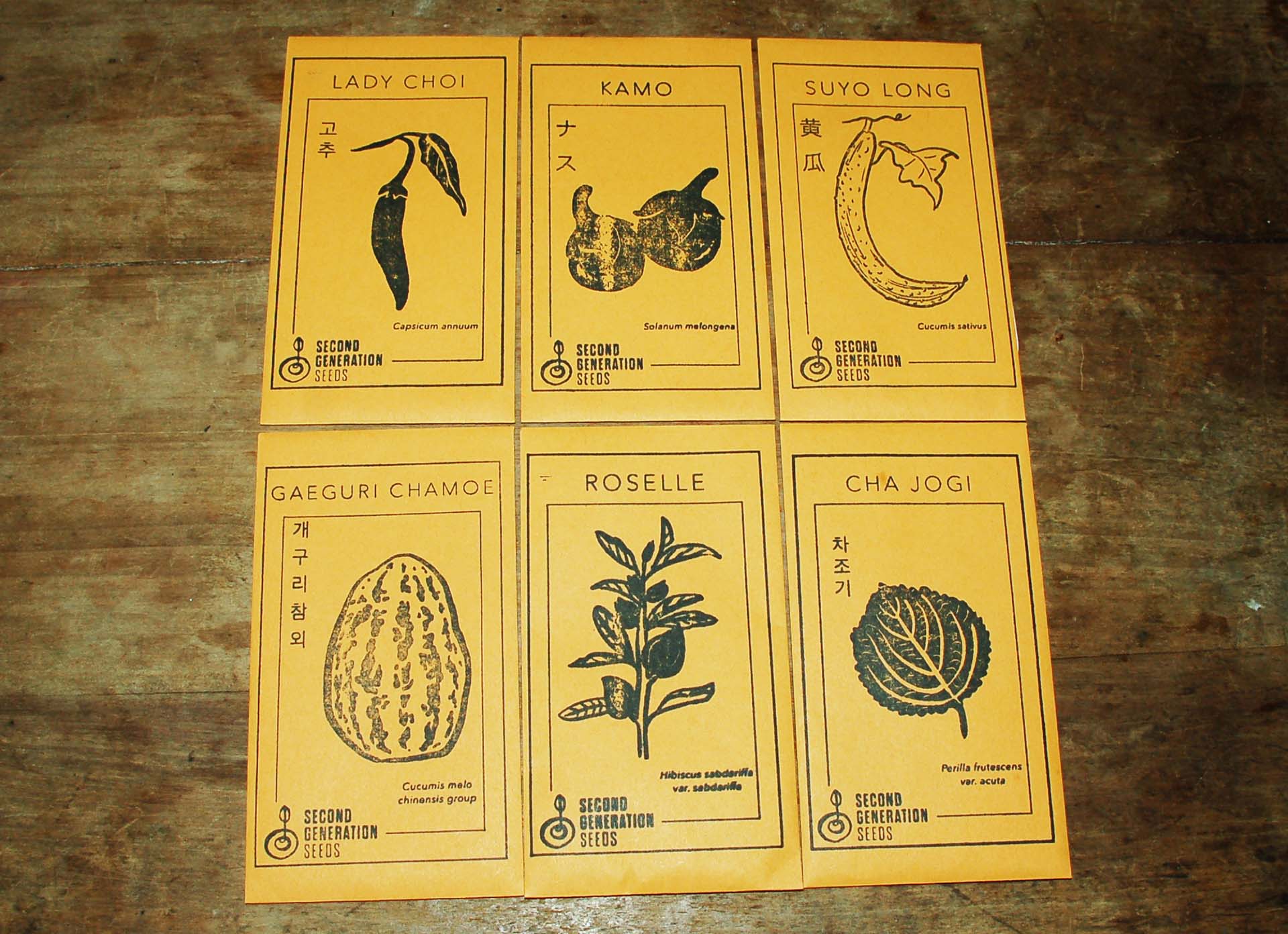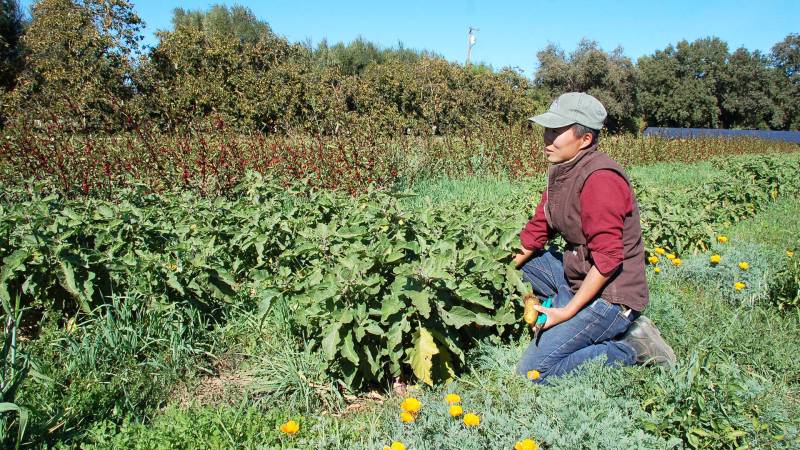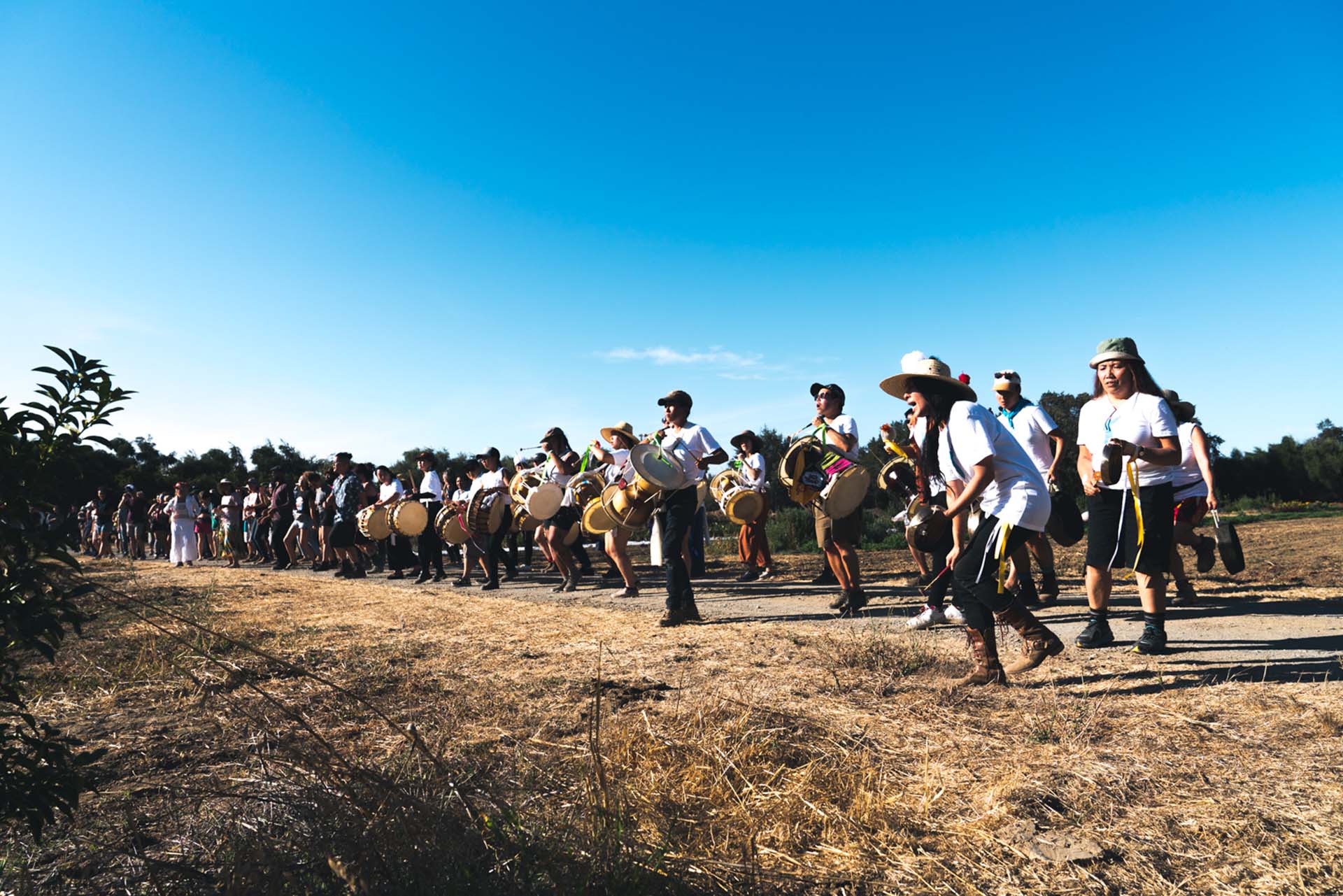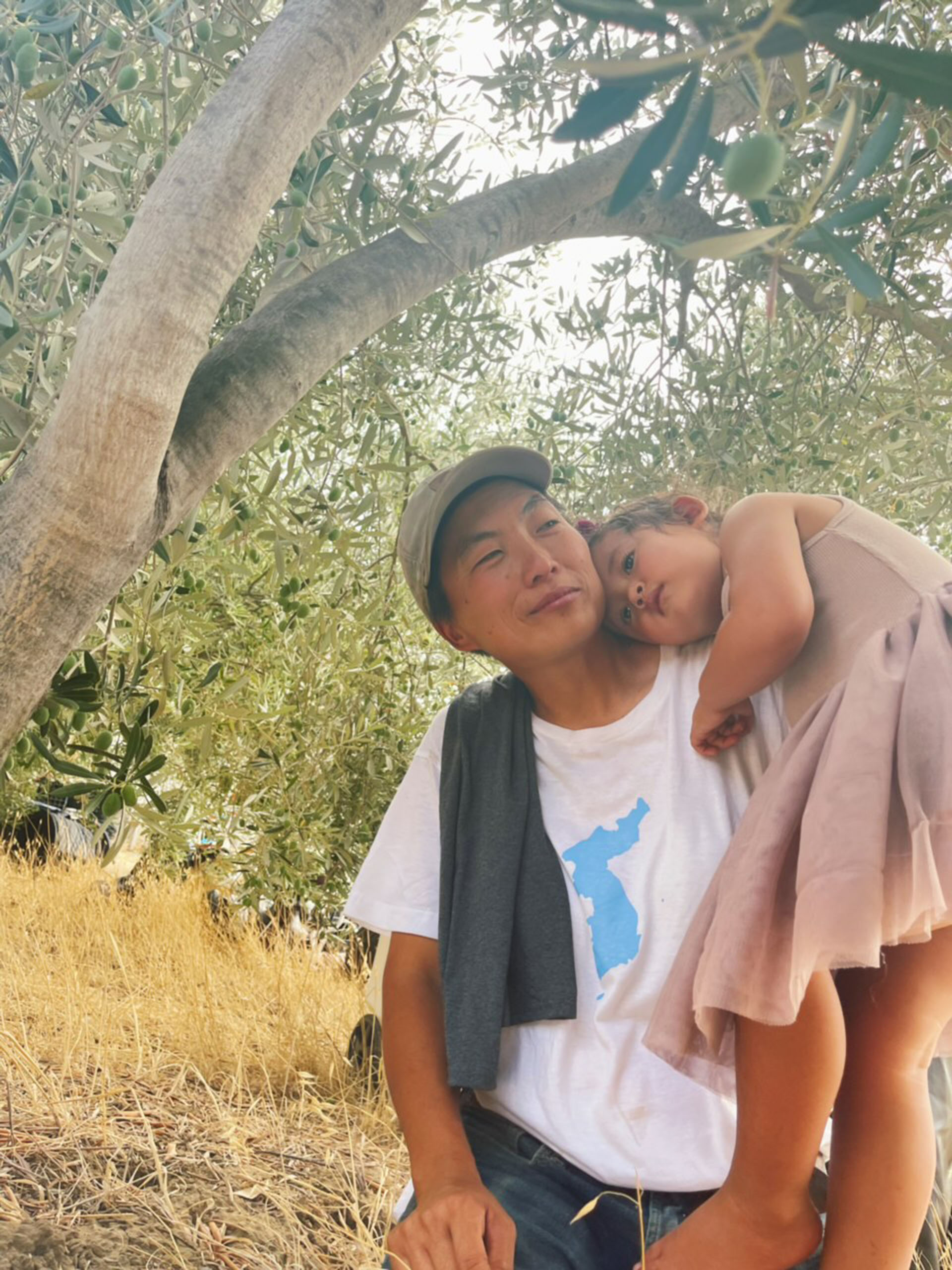The Bay Area’s much-vaunted food scene depends mightily on California farmers — mainly for fresh ingredients, but also for inspiration. In fact, one farmer has inspired our local chefs so deeply that they are now rallying to return the favor: They want to give Kristyn Leach a home — and they want your help.
An agricultural nomad for nearly all her adult life, Leach has spent two decades tending land up and down the West Coast, from Olympia, Washington to eastern Alameda County. Eventually, she settled into a pair of primary commitments: supplying a delightful range of chili peppers, perilla, zucchini, roselle and radishes for chef Dennis Lee’s Namu restaurant group, and coordinating Second Generation Seeds, a growers’ collaborative for preserving heirloom crops of the Asian diaspora.
The nonprofit Community Alliance with Family Farmers named Leach 2021’s Ecological Farmer of the Year. People who know her well, however, don’t need awards to affirm Leach’s prominence as a bold visionary and botanical champion — and a foremost voice in the burgeoning movement of Asian American–run farms that are shining a spotlight on previously hard-to-find Asian heritage vegetables.

Chef Steve Joo of Oakland’s Joodooboo, a long-time friend of Leach, accompanied her on a seed-sourcing trip to South Korea in 2014 and has witnessed her conscientious approach to farming over the years.
“The thoughtfulness and awareness, curiosity and intelligence that she engages with all of her plants, and how that is evident in the produce that she grows, is a constant reminder to me,” says Joo, who credits her with elevating “the level of mindfulness I have when engaging with the cooking process.”





